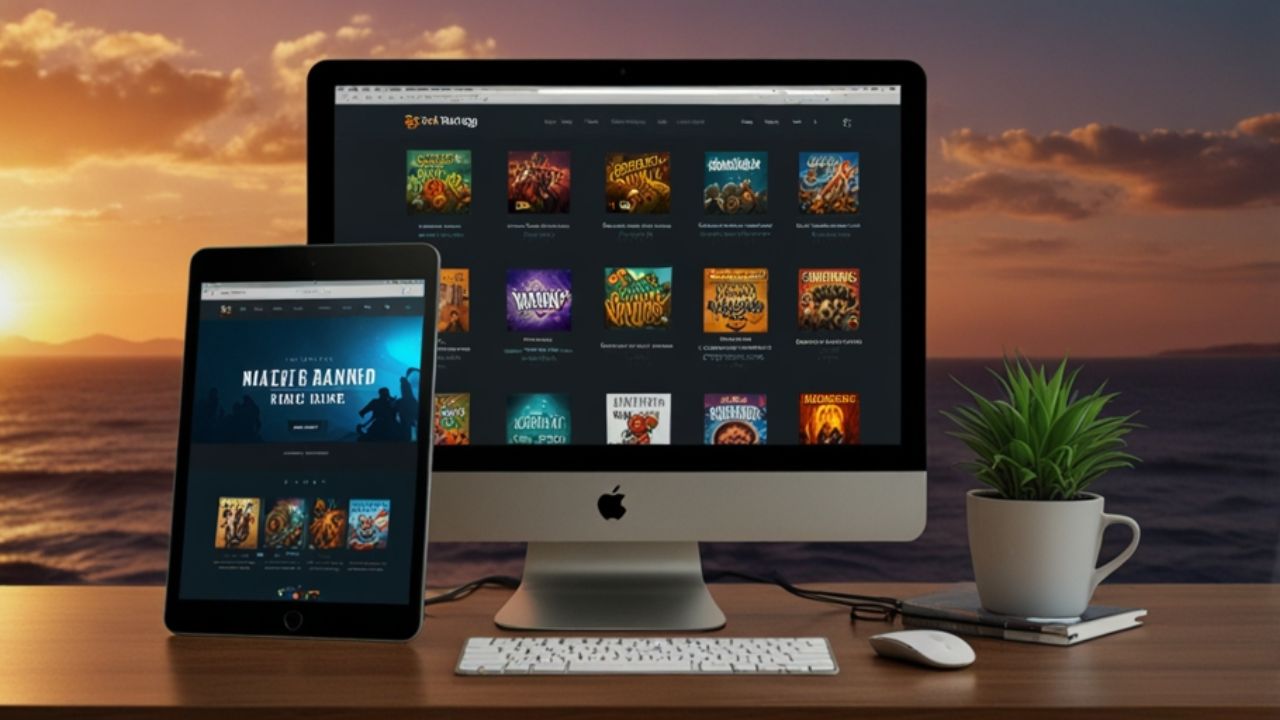Travel
Hitlmila Explained: A Journey Through Its Culture and Rituals

The word “Hitlmila” has intrigued many throughout generations. Whether tied to culture, heritage, or spirituality, it represents much more than a tradition. It stands as a testament to the enduring power of community, belief systems, and shared history. From its origins to its modern interpretations, Hitlmila continues to inspire curiosity and reverence among those who study its practice.
In this comprehensive guide, we will delve deep into the fascinating aspects, including its historical roots, cultural significance, and rituals. Additionally, we’ll examine how it has evolved over time and its relevance in today’s society.
What is Hitlmila?
Hitlmila refers to a traditional practice deeply rooted in culture and history, embodying collective values, spirituality, and a connection to ancestry. While the specifics of may differ across regions, it often involves ceremonies, storytelling, and communal gatherings that strengthen bonds within the community.
This practice transcends mere celebration; it is a way to preserve the collective memory and values of those who came before us. With its unique blend of customs, Hitlmila has become a beacon of cultural preservation.
The Historical Roots of Hitlmila
Understanding the history of provides insight into its enduring relevance. Scholars suggest that its origins trace back to ancient civilizations where storytelling, ceremonial dances, and rituals formed the backbone of societal connection.
Communities gathered during specific seasons to perform Hitlmila, marking significant events such as harvests, transitions in leadership, or spiritual rites. The historical narratives passed through have often served as the primary method of preserving a community’s legacy.
The Cultural Significance of Hitlmila
Hitlmila isn’t just a ritual; it’s a cultural cornerstone. It reinforces identity, fosters social harmony, and bridges generational divides. Families and elders often pass down stories and songs that are integral to the practice, ensuring their culture’s survival in a rapidly changing world.
This tradition also provides an opportunity for younger generations to learn about their heritage and engage with the values that define their community. Through lessons of resilience, unity, and respect are shared across time.
Key Rituals in Hitlmila
One of the most captivating aspects is its diverse set of rituals. These include:
- Storytelling Sessions: Elders recount historical events or moral tales to educate and entertain.
- Ceremonial Dances: Performers use symbolic movements to depict stories of triumph, struggle, and hope.
- Feasting and Gathering: Communal meals are a hallmark, bringing everyone together to celebrate unity.
- Symbolic Offerings: Participants often make offerings to honor ancestors or deities, reinforcing spiritual connections.
Each ritual is performed with precision and reverence, reflecting the values and beliefs central to Hitlmila.
The Evolution of Hitlmila Through Time
Like many traditions, It has evolved. In the past, it was strictly observed in specific communities or regions. Today, however, globalization has led to variations of the tradition appearing in diverse settings.
Modern adaptations include performances in theaters or as part of cultural festivals, making it more accessible to a broader audience. Yet, the core essence of Hitlmila—celebrating unity and preserving history—remains unchanged.
Hitlmila in the Modern World
The practice of is more relevant than ever in our increasingly disconnected world. It serves as a reminder of the importance of community, shared values, and cultural roots. Modern adaptations often incorporate technology, such as virtual gatherings, making it easier to participate and learn about this fascinating tradition from anywhere in the world.
Hitlmila: Bridging the Past and Future
By embracing, communities ensure that their traditions are not lost to time. The rituals may have ancient roots, but their lessons—unity, resilience, and cultural pride—are timeless.
Conclusion
It represents the perfect blend of tradition and cultural preservation, reminding us of the power of unity, storytelling, and shared history. As it continues to evolve, remains a vital part of the communities that cherish it, bridging the gap between the past and the present. Whether you are a cultural enthusiast or a curious observer, exploring offers a profound understanding of humanity’s connection to its roots.
FAQs
What is the primary purpose of Hitlmila?
Hitlmila seeks to preserve culture, foster unity, and pass down historical narratives through storytelling, rituals, and communal gatherings.
How has globalization influenced Hitlmila?
Globalization has made more accessible, leading to modern adaptations and increased awareness across different regions.
What are the core elements of a Hitlmila celebration?
Storytelling, ceremonial dances, communal feasting, and symbolic offerings are central to the tradition.
Can younger generations participate in Hitlmila?
Yes, younger generations are encouraged to engage learning about their heritage and contributing to its preservation.
Why is Hitlmila important in today’s world?
It emphasizes the value of community, cultural preservation, and unity in a time when many feel disconnected from their roots.
How can I learn more about Hitlmila?
You can attend cultural events, engage with communities that practice or explore scholarly resources online.

-

 More7 months ago
More7 months agoThe Rise of Lillienu: Transforming Technology and Creativity
-

 Fashion7 months ago
Fashion7 months agoUnveiling the Secrets of Ceylan Eye Cream Reviews
-

 More7 months ago
More7 months agoThe Rise of Artofzio: Transforming Creativity in the Digital Era
-

 More7 months ago
More7 months agoSwindle Trilogy Website: A Must-Visit Hub for Book Lovers
-

 More6 months ago
More6 months agoInfluencersginewuld: Revolutionizing the Influencer Marketing Landscape
-

 More6 months ago
More6 months agoCeylan Eye Cream Reviews: Is It Worth the Hype?
-

 Business6 months ago
Business6 months agoIvermectin: The Medication That Changed Global Health
-

 Lifestyle6 months ago
Lifestyle6 months agoAdrianna Apostolec: 5 Inspiring Career Highlights & Untold Stories